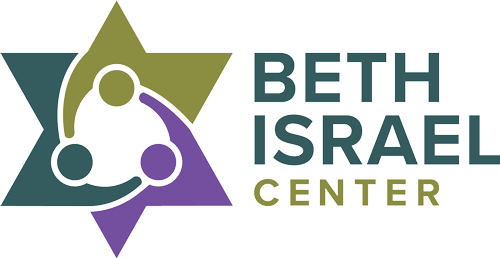Prayers for Those in Need of Healing
There are many ways to ask for God’s blessings on behalf of a person who needs them. Your own, spontaneous prayers are a good place to begin. In fact, the more personally and regularly individuals pray for their loved ones, in their own words, the better, from a spiritual perspective. Additionally, three times a day, Sunday through Friday, our daily prayers include an opportunity to insert the names of loved ones in the blessing for healing, during the private Amidah.
Our kahal also wants to care for those who are concerned for ailing loved ones. Our congregation, like most, offers public, communal opportunities throughout each week for people to ask for blessings on behalf of loved ones who are in need of healing. The standard practice is for the Rabbi or prayer leader to recite the “Mi Sheberach” during the Torah service, pausing for people who are present to insert names of loved ones on whose behalf they are praying.
The primary purpose of the communal Mi Sheberach ritual is for the kahal to see who is praying on behalf of a loved one and to join in fellowship as we all say “Amen” to the prayer. Our tradition wisely understands that the kavanah, or intention and feeling in the prayer, comes from the people who are concerned about their loved ones who are suffering. The public ritual allows other members of the community to offer support to the people who are concerned about the health of a loved one, and to the ailing people themselves, when appropriate. Thus, it is best for you to be present and offer the name of your loved one yourself.
We also know that there are times when members who would like to offer the name of a loved one in the communal Mi Sheberach are unable to come to shul and offer it themselves. We take it as a sacred task to offer those names on behalf of our members who are unable to offer them in person, and we bring a list of those names to each Torah service on Mondays, Thursdays, Shabbat, and any other time the Torah is read. The Rabbi keeps a record of who submitted each name on the list. As she offers each name for blessing, she also extends prayerful intentions to the loved ones who care for them.
It is not at all unusual for a congregation to reach a point where they need to strike a balance and restore the public prayer to its original purpose. Sometimes a name is placed on a communal Mi Sheberach list and remains there indefinitely, even as the person’s health situation changes. We continue to feel concern for those whose conditions are chronic and not only those who are not experiencing urgent health crises. Yet reciting a long list of names for months and, indeed, years on end, was never the intention of this public ritual and becomes a burden on the kahal. Different shuls handle this in different ways. Some have no communal list at all, and names are offered only by people who are present. Some keep names on a list for a brief time. Some recite the entire list on weekdays but not on Shabbat. Our kahal has tried different approaches, as well, seeking the right balance of visible care and concern and manageability.
This is our current practice:
If you are unable to attend services in person and would like us to include the name of your loved one(s) in our public Mi Sheberach, you are welcome to call or email the Rabbi or the office and provide the name and how you are related to them. (Of course, you are always welcome to share more and to request additional support from the Rabbi.)
All names on the list will be recited out loud on weekdays. On Shabbat, names of BIC members will be recited out loud so that the community will hear who among us is ailing.
We will continue to pause and invite all who are present (in person or online) to add names to those that are recited by the service leader.
Names of people who are not BIC members will remain on the list through the end of the month. You may contact the Rabbi or the office during the last week of the month, or any time during the new month, and ask that we renew our prayers for your loved one for the duration of that new month. You may continue to invest in this communal ritual, month by month, for as long as you need. If you do not contact the Rabbi or the office, these names will be removed.
Names of BIC members will remain on the list until you contact the office or Rabbi again to remove them. The Rabbi also will check in from time to time and will remove member names, by mutual agreement, when circumstances change.
